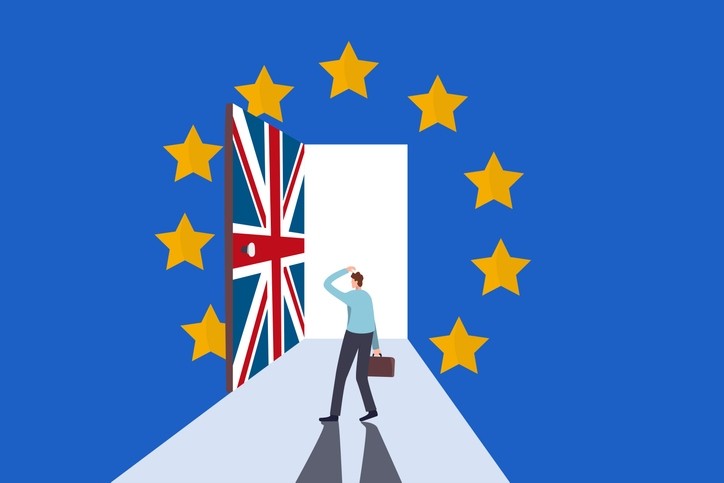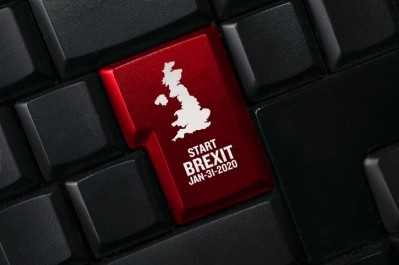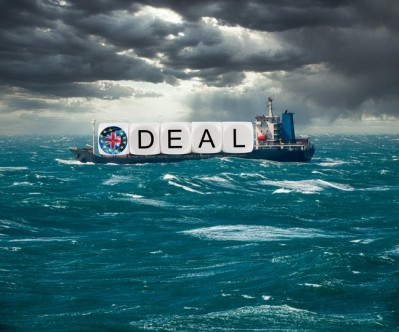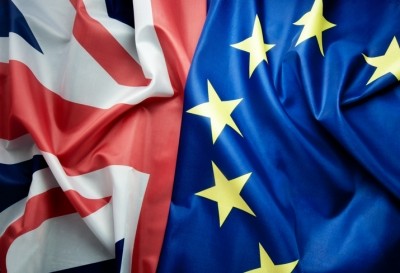Brexit: Mounting anxiety in the UK meat sector over red tape and extra costs

Such a stop gap would give the sector the time to fill in all the missing detail on how trade with the EU will work, and gradually introduce the changes, said the UK meat processing industry representatives.
“It would avoid a damaging shock to our food supply chain and, importantly, preserve our existing trade with Europe.”
The BMPA said there is increasing anxiety in the meat sector over the wall of red tape and extra costs that exporters will now inevitably run into on December 31.
“This is so serious that many firms who have been happily supplying customers in Europe for years will simply lose that business,” said the organization.
Even if the UK government agree some sort of a deal, there is now no time left to negotiate the kind of full and detailed free trade agreement that would resolve all the issues that are set to hamper trade after January 1, it argues.
Red tape
The first unresolved issue is the sheer volume of extra red tape and paperwork that will suddenly be needed when sending products of animal origin to Europe, "our biggest overseas market by a large margin", said the BMPA.
The vast majority of this trade (75-80%) involves small, grouped consignments of different goods that originate from a variety of meat plants. These small consignments are usually bound for several different delivery points in Europe.
“The problem is that, after December 31, each and every individual consignment will now need a separate Export Health Certificate (EHC) signed by a vet. To compound the problem, the more pick-up and drop-off points that are involved in the supply chain, the more EHCs are needed.
“But all this will be moot if the issue of ‘Groupage’ is not resolved. This allows exporters to group together lots of small deliveries into one big one. As it stands there is no procedure for certifying a grouped consignment of fresh and frozen meat that isn’t packed for retail (which is the bulk of our exports). Without this virtually all shipments to (and also from) the EU will have to cease.”
Not enough vets
A second barrier to trade, said the BMPA, is that the UK simply does not have enough vets who will be in the right place at the right time to inspect the loads, verify traceability paperwork and sign the EHCs.
“Government insists that they have calculated that enough vets will be available but can’t give us any proof and are refusing to engage with industry to stress test the numbers.”
An un-tested certification system
The third challenge that the meat processors group notes is the system for issuing export certificates itself.
The UK government has been promoting its new EHC online application portal, but this new online system has not been stress tested to see if it will cope with the huge flood of extra applications that will hit on January 1, it said.
“BMPA members are already reporting that applications are taking longer to process and this is without the uplift in demand that is coming down the track.”
What needs to happen
The industry group said that a full and detailed free trade agreement that would resolve all the above issues is impossible before December 31.
“So, the government needs to show us their contingency plan for when things don’t work as planned. They’ve alluded to having one but so far haven’t shown us anything.
"Better still, as part of the final negotiations with the EU, the government should build in an ‘orientation phase’ to allow time to iron out the technical issues described above and then introduce changes in stages throughout 2021 to avoid a damaging shock to our imports and exports on January 1.
“We are trying to help the Department for Environment, Food and Rural Affairs (DEFRA) understand the unintended consequences we will face if this is not resolved and to offer practical solutions, but at the moment we’re not convinced they are listening.”








